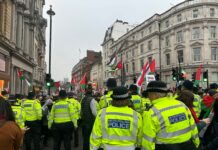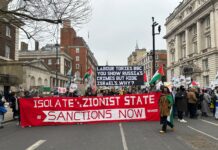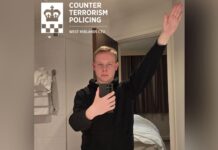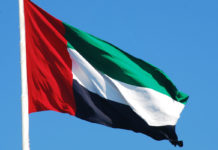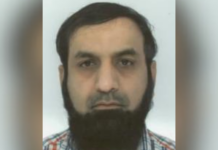
Four British citizens fighting with ISIS in Syria are to be subject to UN sanctions in the first such move in a decade, Downing Street has said.
The UK government made the controversial decision of asking for some of its own nationals to face UN travel bans and asset freezes, amid increasing alarm about the hundreds of Britons being tempted to travel to Iraq and Syria.
The four are Sally-Anne Jones, a 46-year-old Muslim convert from Chatham, Kent who married an ISIS computer hacker; Aqsa Mahmood, a 21-year-old Glaswegian; Nasser Muthana, a 21-year-old from Cardiff and Omar Hussain, a 28-year-old former Morrisons security guard from High Wycombe, Buckinghamshire. All four are thought to be based in the ISIS-held city of Ar-Raqqa.
It is understood Mahmood, who went to Syria in 2013 to join the female “Al-Khanssaa Brigade”, is included on the list because she has recruited for ISIS online, condoning and encouraging terror attacks in Europe.
Jones travelled to Syria in the same year with her then 21-year-old husband Junaid Hussain, who was killed in a US drone strike last month. Jones is understood to be on the list because she allegedly uses her Twitter account to recruit women to join ISIS, has provided practical advice on how to travel to Syria and told people to conduct attacks in Britain with homemade bombs.
Hussain, also known as “Abu Sa’id al-Britani”, has used social media to encourage women and children to travel to Syria. Shortly after arriving in Syria in 2014, he confirmed that he was fighting for ISIS and claimed that he would only return to the UK to “plant a bomb”.
Muthana, who travelled to Syria in 2013, is thought to have appeared in ISIS propaganda videos including one called There is No Life Without Jihad.
Subscribe to our newsletter and stay updated on the latest news and updates from around the Muslim world!
The last time such a request was made was when an Al-Qaida operative was added in 2006. It means the named Britons fighting for ISIS cannot travel through any country that is a UN member or keep their money in any UN nation, making it more effective at paralysing those on the list than national sanctions.
A No 10 spokesman said: “As well as the domestic measures we have introduced, such as the power to seize passports, these sanctions are a powerful tool – freezing an individual’s assets and imposing a global travel ban on them.
“It also sends a clear deterrent message to those thinking of going to fight for Isil. We will continue to consider whether more individuals should be subjected to the sanctions.”
The request was approved by the UN on Monday night before an anti-ISIS event on Tuesday at the general assembly in New York, which will be attended by David Cameron and led by US president Barack Obama.






